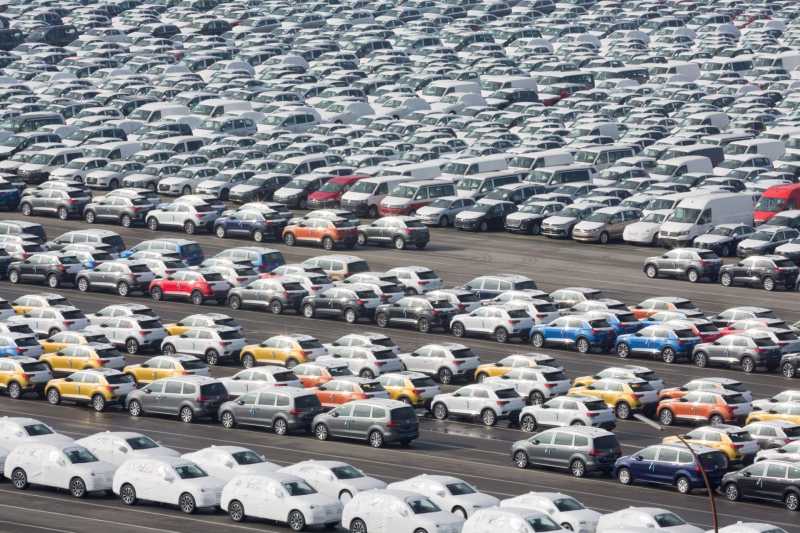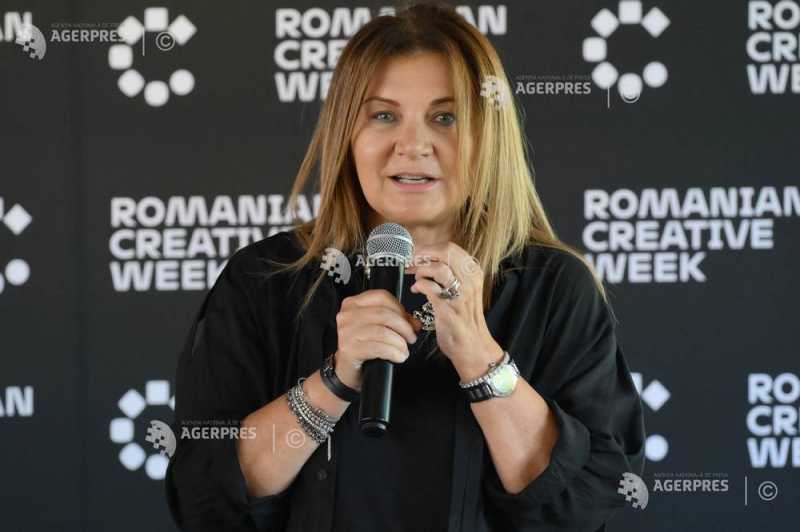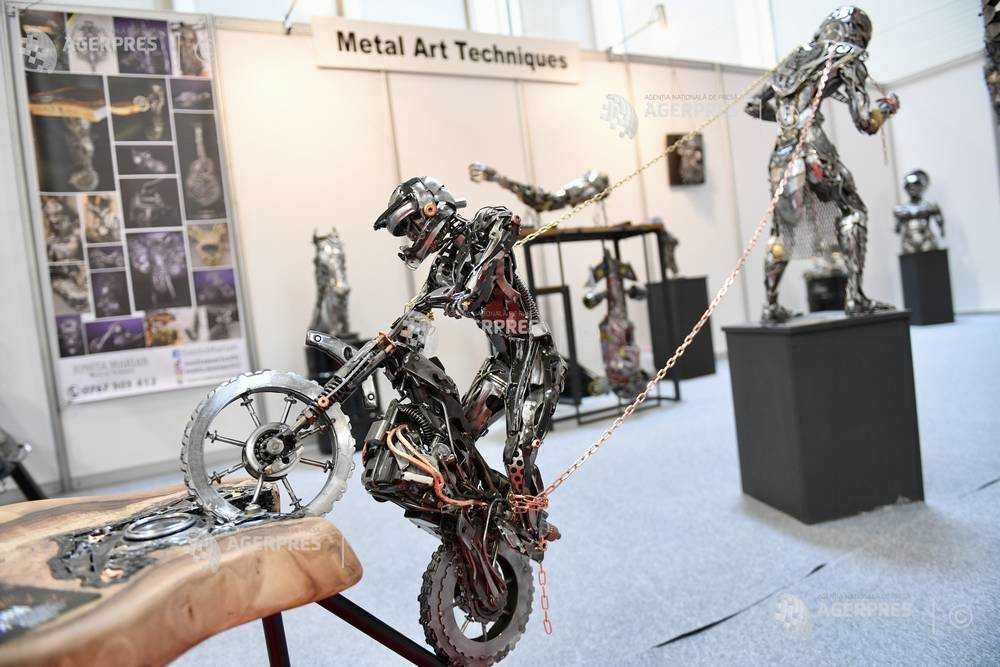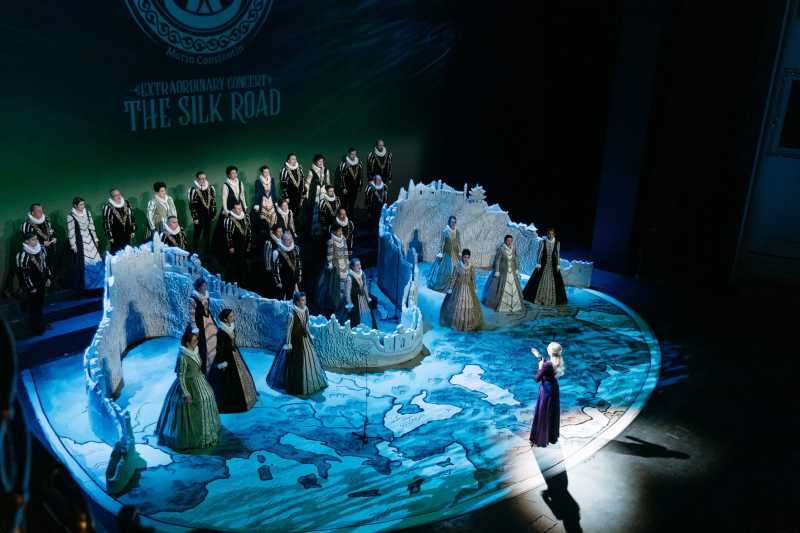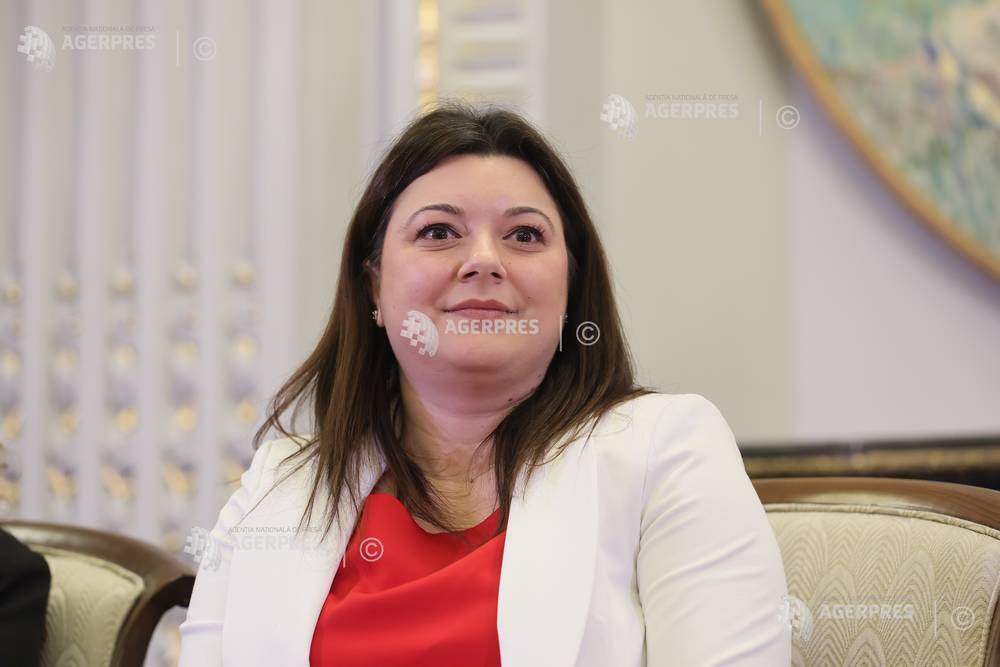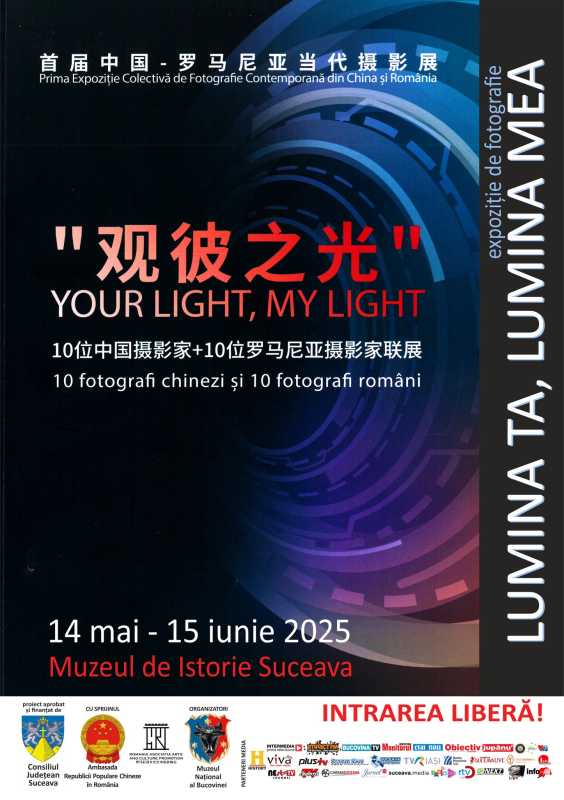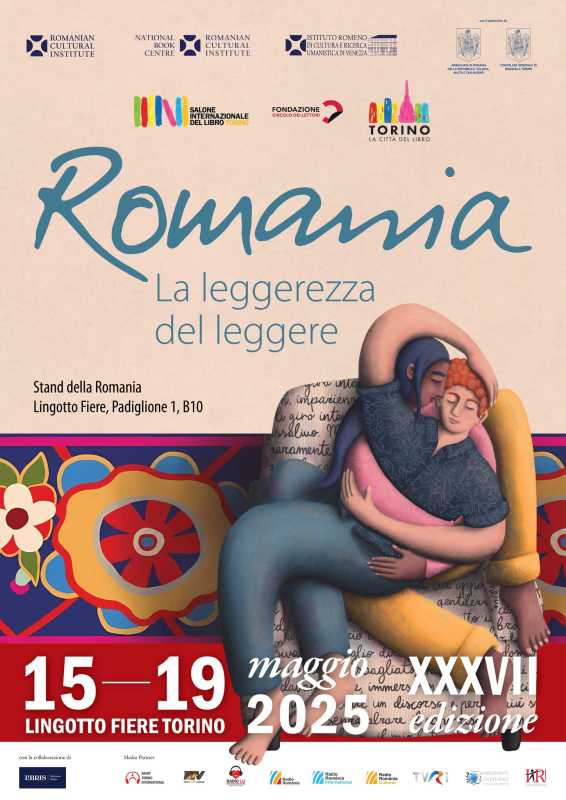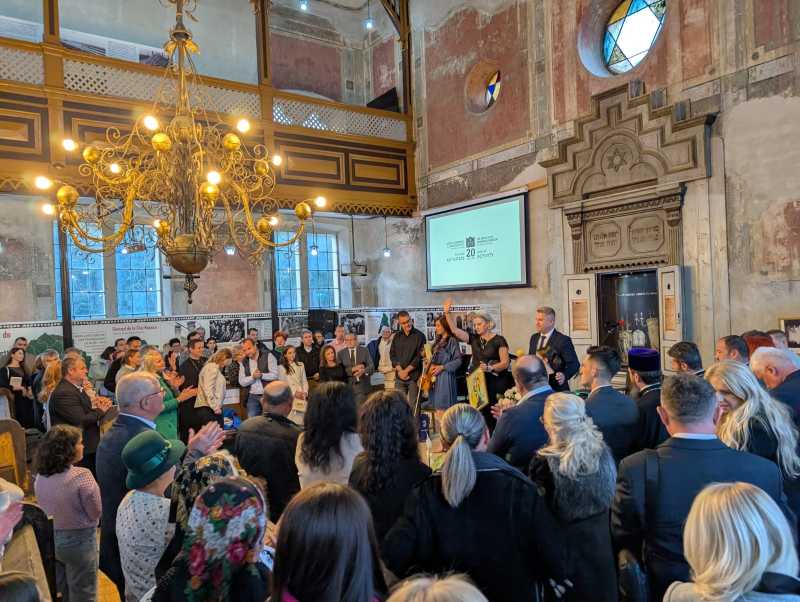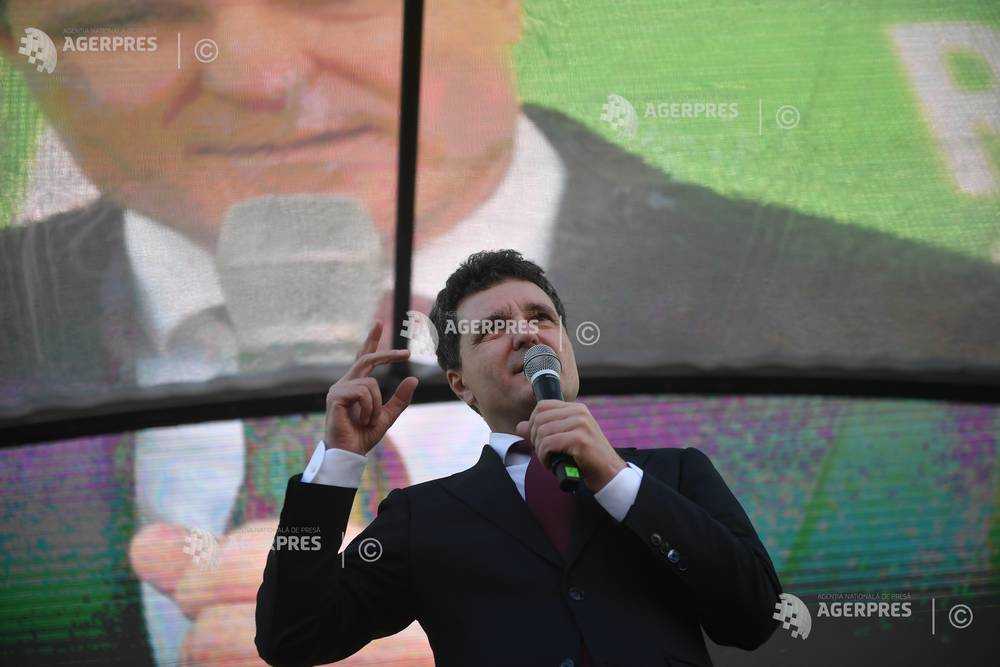Defence dollars or Euros? A heavy transatlantic question for the European defence ramp up (enr)
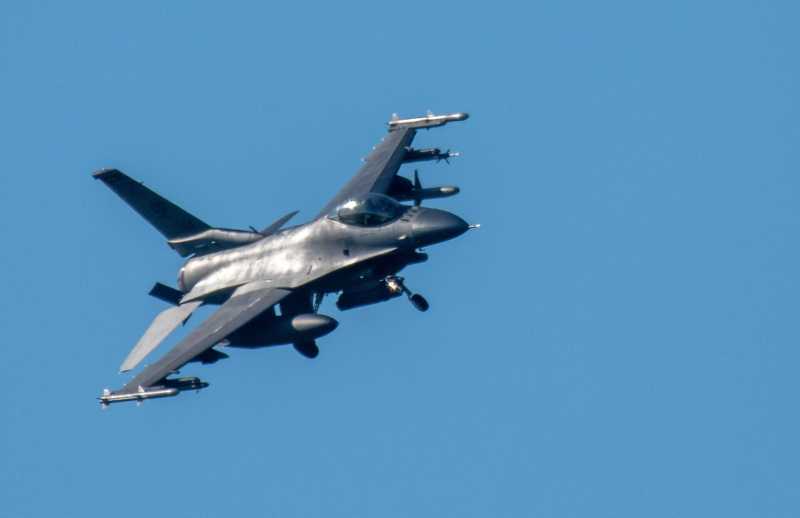
Europe is amidst a rearmament effort in the wake of the ongoing full-scale Russian invasion of Ukraine. Now that the United States is no longer viewed as a guaranteed reliable partner under President Donald Trump, should American companies continue to supply European militaries?
'We are moving decisively towards a strong and more sovereign Europe of defence,' European Council President António Costa declared recently after a crisis summit of EU leaders to greenlight a rearmament plan against the rising threat from a revanchist Russia.
'We are putting our money where our mouth is,' the former Portuguese prime minister underlined.
A pressing question facing the European Union however is where to spend this money. Should the billions go to defence companies in Europe or in America?
What is the plan?
EU leaders, shaken by the prospect of United States disengagement from the bloc's security, and US President Donald Trump's clash with Ukrainian President Volodymyr Zelenskyy in the White House, backed a plan to boost the bloc's defences and military support for Ukraine as it continues to resist Russia's invasion.
The plan is a dramatic ramp-up in defence spending, mobilising 800 billion Euro over the next four years, including 150 billion Euro in loans for arms projects raised by the European Commission on capital markets and guaranteed by the EU budget, and allowing exemptions from EU debt rules for EU member states for defence investments.
Other measures to unlock more money start with a reform of the EU cohesion funds to remove restrictions on their use for defence, a role for the European Investment Bank (EIB), and the mobilisation of private funding thanks to the completion of the Capital Markets Union.
Money to burn
The initiative now needs to be put into action. But this is usually when the real problems in the EU arise.
Several countries are unhappy that the plan did not go far enough financially.
Greek Prime Minister Kyriakos Mitsotakis said there should be serious consideration of more large-scale new EU borrowing.
The EU has only used this type of borrowing called 'Eurobonds' once before, during the coronavirus pandemic, to mitigate economic fallout. However, countries like Germany, the Netherlands, and Austria remain firmly opposed to their use again.
Germany's incoming government last month passed changes to the country's strict spending limits to clear the way for hundreds of billions of Euro towards new investments for defence and infrastructure.
Debt-averse Holland is unlikely to follow this path while highly indebted countries like Italy and France may not possess the fiscal ability.
Buy European
The other thorny aspect is the 'Buy European' principle, strongly desired by France to boost European industry, where European public funds are spent in the EU with European defence companies.
Here, too, positions are divided among those EU member states who would like to see a more open value chain, perhaps even including the US, after accessing the 150 billion Euro fund raised by the Commission.
The 'Buy European' initiative is designed to encourage joint procurement, especially on major projects of collective interest such as air defence, long-range missiles, cargo planes, cyber or space investments.
Following the 'Buy European' principle, the value of trade in armaments between the 27 EU countries will have to account for at least 35 percent of the value of the entire continental market by 2030. Right now the share is 15 percent.
EU foreign policy chief Kaja Kallas threw her weight behind the move to reduce Europe's reliance on America for defence procurement.
'We are buying a lot from the Americans right now, but we need to diversify our portfolio so that we have capabilities to produce [the] ammunition and things that we need here,' Kallas said at an informal meeting of EU defence ministers in Warsaw last Thursday.
Sweden is one of the strongest supporters of having close cooperation in defence matters with countries outside of the EU - partly because of the strong links between the Swedish defence industry and the sector in Norway and the United Kingdom.
At the same time, Sweden does not mind the 'Buy European' principle since it would also benefit the Swedish industry, with big companies like Saab, Bofors and Hägglunds.
'It is strange that 80 percent of the arms in Europe are bought from the US, when we have a successful European defence industry,' Prime Minister Ulf Kristersson said in February.
'Buy European' or buy French?
Germany, France and Poland recently announced plans to bolster their militaries.
Warsaw aims to earmark around 5 percent of its economic output for military expenditure next year compared with 4.7 percent in 2025. Poland also wants to make it easier for companies outside of the EU to access the bloc's defence spending, a position at odds with France.
France, with a well-developed defence industry, is the strongest proponent of the 'Buy European' principle and has long-campaigned for Europe to develop a capacity to act independently of the US in global affairs.
President Emmanuel Macron announced plans to increase orders for French Rafale fighter jets, adding the country will have to get ready to defend itself 'if we want to avoid war'.
France is also set to deliver several hundred Mistral surface-to-air missiles to Denmark, the Élysée Palace announced at the start of April.
Denmark has been seeking European backing in recent months to counter Trump's threats to take over Greenland.
From hot to cold
French defence industry interests extend from the EU's colder climes to warmer Mediterranean waters.
Greece has recently signed a military cooperation agreement with France, ordering 24 Rafale fighter jets and three Belharra-class defence and intervention frigates (FDI) for a total of more than 5.5 billion Euro. And three more of the frigates could be built in Greek shipyards under a new proposal, according to a source at France's Naval Group.
Athens has traditionally invested at least 2 percent of gross domestic product (GDP) on its defence -NATO's spending target - owing to decades of tension with regional rivals Turkey. The Greek government plans to invest 25 billion Euro in defence over the next 12 years.
A dutiful buyer of European military equipment, especially from France and Germany, Greece has always justified its arms spending by pointing to territorial disputes and threats from historic rival Ankara.
Close to the conflict zones of the Middle East, Greece has also sought to strengthen its position on the EU's Eastern Mediterranean border.
Athens has also signed a deal for the acquisition of 20 US-made F-35 fighter jets.
Croatia and Bulgaria military spending in profile
Further north, Croatia has displayed similar pragmatism, purchasing weapons and equipment from both European and American manufacturers.
Even before Trump was elected president, Croatia ordered 8 M142 High Mobility Artillery Rocket Systems (HIMARS) from the American manufacturer Lockheed Martin.
Croatia has also decided to acquire 89 used Bradley M2A2 infantry fighting vehicles from the US. Last year, Croatia signed a deal to purchase 8 UH-60M Black Hawk helicopters for the Croatian Army.
In 2021, Croatia signed a deal to purchase 12 used Rafale multipurpose fighter jets produced by French aircraft manufacturer Dassault Aviation. The deal covered weapon systems, spare parts, logistics and training.
The acquisition has enabled the Croatian Air Force to replace its outdated Soviet-designed MiG-21 fighters.
Croatia has also purchased French air defense systems, including the MBDA Mistral 3 short-range air defense system and is in the process of finalising the purchase of 30 French CAESAR 155mm self-propelled howitzers.
In October, Croatia and Germany signed a letter of intent (LoI) for Croatia to acquire up to 50 new German Leopard 2A8 main battle tanks (MBTs) at a reduced price in return for transferring tanks and infantry fighting vehicles (IFVs) to Ukraine.
In recent years, as part of its broad drive to modernise its armed forces in keeping with NATO standards and to raise defence spending, Bulgaria has turned both to European and US manufacturers.
It has a contract for designing and building two multipurpose modular patrol vessels from Fr. Lürssen Werft GmbH & Co.kG of Germany. The project was worth approximately 503 million Euro.
To modernise its air force, Bulgaria has signed up to purchase F-16 Block 70 multirole fighter jets from Lockheed Martin. It will acquire 16 jets for 3 billion Dollars in total.
Bulgaria also has a contract for 183 Stryker vehicles and related equipment for the Bulgarian Armed Forces for an estimated 1.5 billion dollars. An additional 170 million dollars is to be spent on ammunition. The first deliveries of the Stryker vehicles are expected in the third quarter of 2025.
A different conversation
In Slovakia, the conversation around defence is in a different place. EU lawmaker ¼udovít Ódor, a former prime minister and member of the opposition party, Progressive Slovakia, is in favour of increased European defence spending.
However, he thinks it is premature to talk about a specific percentage increase. 'All spending at European and national level must be based on a common strategy in which synergies can be found. Let's define them first and then we can talk about specific percentages,' he said.
By contrast, independent MEP Branislav Ondruš, who votes with the current populist, Russian-sympathetic Slovak government, considers the Commission defence spending plan to be insane.
Ondruš believes that increased spending on weapons will not make Europe more secure. 'I agree with the need to strengthen Europe's security, but we have to do it in a different way, armaments have never brought more security,' he said.
The Slovak independent EU lawmaker did not outline how he plans to make Europe more secure without armaments.
The content of this article is based on reporting by AFP, ANSA, BTA, dpa, EFE, HINA, TASR, TT, as part of the European Newsroom (enr) project. AGERPRES (editing by: Mariana Ionescu)
The content of the www.agerpres.ro website has the exclusive purpose of public informing.
All the information published on this website by AGERPRES is protected by relevant legal dispositions.
It is forbidden to copy, reproduce, recompile, decompile, distribute, publish, display, modify, create derived components or products or full services, as well as any exploitation of the site's content.
Details in the section Terms of Use. If you are interested in picking up AGERPRES news items, please contact the Marketing Department – [email protected].
The use of the Comments section entails your obligation to respect the AGERPRES terms and conditions in regards to the publishing of comments on the www.agerpres.ro.
Other news in category
EU seeks transatlantic trade truce as US tariffs strain car industry (enr)
US President Donald Trump has secured the first truce in his global trade war, reaching a ‘historic' compromise with the United Kingdom (UK) last week. Just on Monday, he also agreed to slash tariffs with China - but the European Union is still negotiating to reach a compromise across the Atlantic. Since his inauguration in January, Trump - a staunch
Timisoara to host first film festival in Romania and Eastern Europe dedicated to football
The Druckeria Association of Timisoara Supporters is preparing the first edition of the Timisoara Football Film Festival (TMFF) for this autumn - a major event dedicated to the relationship between football, community, identity and cinema, which will be the first festival of its kind organised in Romania and in Eastern Europe. The festival will take place in N
Romanian Athenaeum guided tour and Athenaeum Resonance Ensemble recital on European Night of Museums
The George Enescu Philharmonic will celebrate the European Night of Museums on Saturday, and the Romanian Athenaeum will be open for free visits between 10:00 PM and midnight, with scheduled activities including a guided tour and a recital by the Athenaeum Resonance Ensemble. 'The George Enescu Philharmonic aims to bring added brilliance to Bucharest's
Iasi hosts Romanian Creative Week May 14 to 25
Over 500 events are being organised as part of this year's edition of Romanian Creative Week (RCW), the largest event dedicated to the creative industries in the European Union, which takes place in Iasi, May 14 to 25. Irina Schrotter, president of the Federation of Employers in Creative Industries (FEPIC), on Monday told a press conference that RCW was de
Judges deny FBI extradition request for Romanian teen suspected of sending hundreds of bomb threats
The Bucharest Court of Appeal turned down on Tuesday the extradition request of the US authorities for a 17-year-old Romanian student accused of sending hundreds of bomb threats to institutions overseas and manipulating underage girls to engage in acts of extreme violence, sexual exploitation and self-mutilation. The court also lifted the house arrest order is
Over 180 companies, from 20 countries, present at Metal Show & TIB 2025
Over 180 companies from 20 countries are participating in Metal Show & TIB 2025, the most important fair dedicated to the metal processing industry, technologies and industrial equipment in Romania, which is taking place between May 13 and 16 in Bucharest. The participants in the exhibition, organized by Euroexpo Fairs and Romexpo, are from Austria, Belgiu
Madrigal - Marin Constantin National Chamber Choir wraps up successful Kazakhstan tour
Bucharest, May 13 /Agerpres/ - The Madrigal - Marin Constantin National Chamber Choir led by Anna Ungureanu wrapped up its successful international tour in Kazakhstan titled 'The Silk Road', a strategic cultural diplomacy initiative aimed at promoting the Romanian artistic heritage and strengthening intercultural relations with the Central Asian region.
ARTEXIM manager Cristina Uruc becomes the new president of the European Association of Artist Managers
ARTEXIM manager Cristina Uruc has been unanimously elected as the new president of the European Association of Artist Managers (AEAA). According to a press release sent by ARTEXIM to AGERPRES on Tuesday, the election was held during the General Assembly that took place in Istanbul at the beginning of May. 'After 31 years of ARTEXIM's mem
Meteorologists report coldest night over past 46 years at Balea Lac
Meteorologists recorded a minimum temperature of minus 6.3 degrees Celsius during the night at Balea Lac, marking the coldest May 12 night in the past 46 years, as the previous record stood at minus 5.5 degrees in 1979, according to meteorologist Narcisa Milian, spokesperson for the Regional Weather Forecast Service within the South Transylvania Regional Meteorological Centr
PresidentialElections2025/Electoral Authority: Information regarding operations at polling stations abroad are false, meant to create confusion
The Permanent Electoral Authority (AEP) on Monday informed that the false information released online regarding the operations carried out in polling stations at home and abroad for the presidential elections represents 'disinformation intended to generate confusion among voters and influence their electoral choices.' 'Given the false information r
Romanian - Chinese contemporary photo exhibition at National Museum of Bucovina
The National Museum of Bucovina, in partnership with the Embassy of the People's Republic of China in Romania and the Arts and Culture Promotion Association will mark the 75th anniversary of China - Romania diplomatic relations by opening on May 14, at the History Museum in Suceava, an exhibition of contemporary photography by artists from both countries, museum represen
Romania to participate in Turin International Book Fair
Bucharest, May 12 /Agerpres/ - Romania will participate in the 37th edition of the Turin International Book Fair, held May 15-19, with a national stand featuring a diverse editorial selection and an engaging event programme, including personalities from both Romania and the Republic of Moldova, with the Romanian presence organised by the Romanian Cultural Institute (ICR), th
Salaj Holocaust Memorial Museum hosts event marking 80 years since liberation of Nazi concentration camps
'The Voice of Freedom' was heard on Sunday evening at the Northern Transylvania Holocaust Memorial Museum, located in the former synagogue of Simleu Silvaniei, through the voice of actress Maia Morgenstern, who performed alongside violinist Diana Jipa and pianist Stefan Doniga in a commemorative event marking 80 years since the liberation of the Nazi concentration ca
Table tennis: Romania wins eight medals in the European U21 Championships in Bratislava
Romania won eight medals at the European Under-21 Table Tennis Championships in Bratislava (Slovakia), two gold, two silver and four bronze. Eduard Ionescu and Darius Movileanu won the gold in the men's doubles, after defeating the pair Andre Bertelsmeier (Germany)/Tiago Abiodun (Portugal) in the final, 3-1 (11-6, 11-5, 9-11, 11-6). The othe
PresidentialElection2025/Nicusor Dan, at Victoriei Square rally end: We must believe in Romania we want to build
Independent candidate Nicusor Dan said on Sunday evening, in a speech at the end of the rally titled 'Romania in Lumina' ('Romania in Light') held in Victoriei Square, that his supporters and Romanians must believe in the Romania they want to build in order to win it through the vote taking place in just over a week. He told the several thousan


